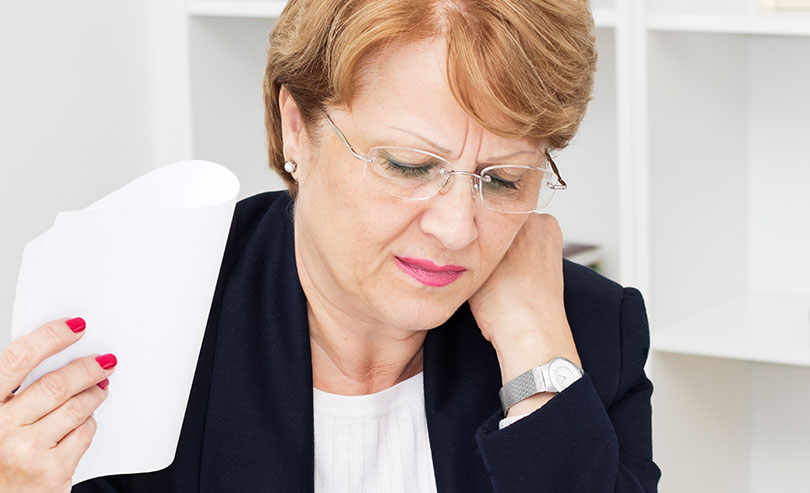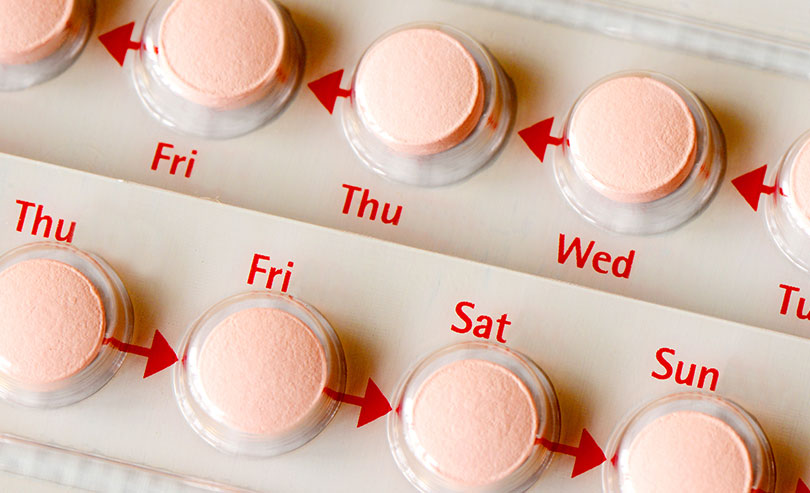
Photo Credit: OSTILL / istockphoto.com
4. Irregular Periods
Irregular periods occur because of changes in your body’s levels of progesterone, which is the hormone that regulates the growth of the endometrium. Your periods may be heavier, lighter or just on an irregular schedule. They may start without the typical warning signs of PMS. If you suffer from fibroids or endometriosis you also may experience changes in the symptoms related to these conditions.
Tips for coping with irregular periods:
- Expect the unexpected and have a few tampons or pads with you at all times.
- Follow the same guidelines for diet and exercise as recommended for PMS aggravation.
- Stay – these changes are temporary, and you will not have these problems once you enter menopause.
- Seek medial advise from your doctor to rule out other causes of vaginal bleeding.
Related Search Topics
You May Also Like
For many women who are going through perimenopause and menopause, memory problems are quite common, but why? Can menopause really affect memory?







